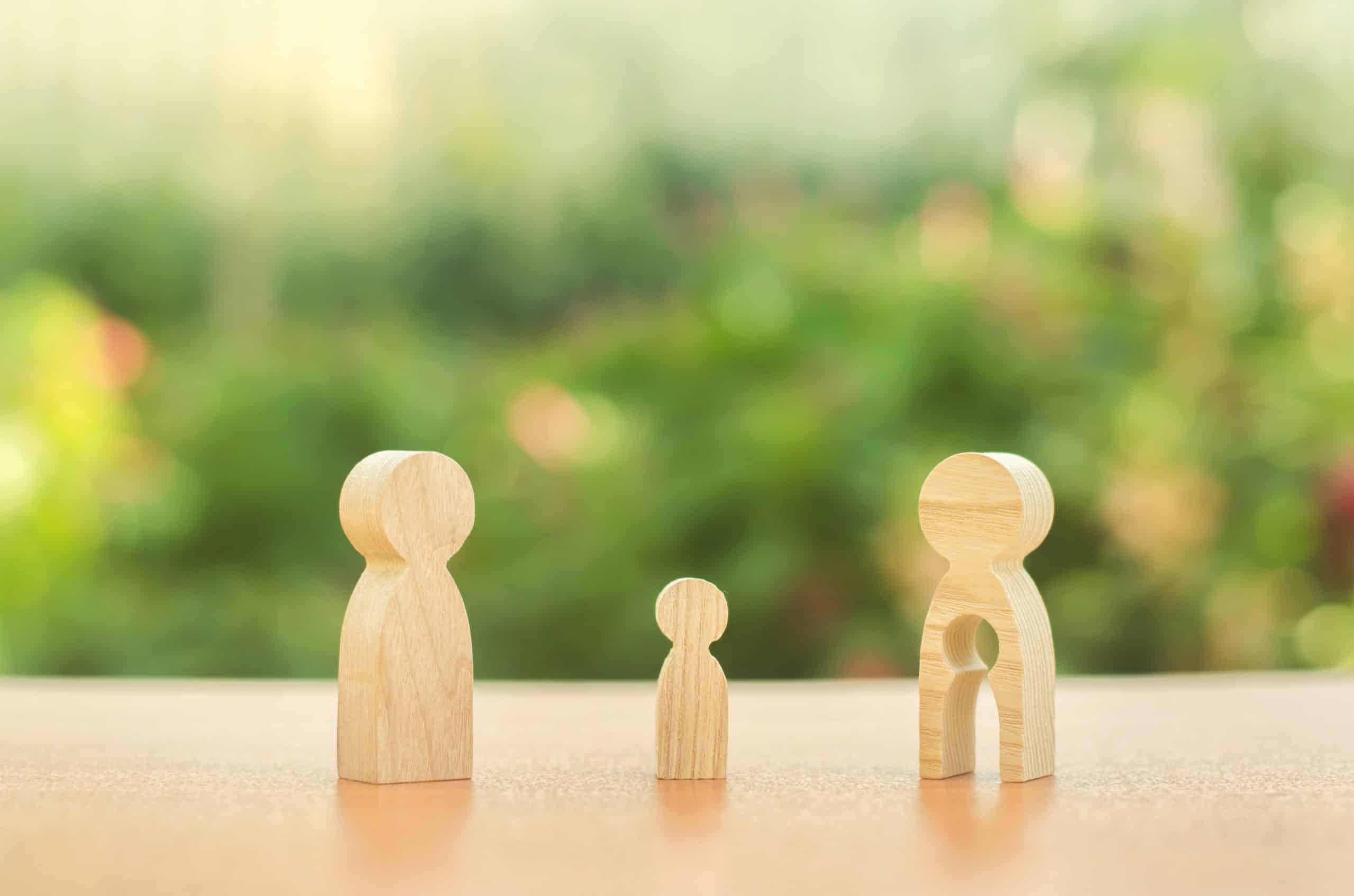What is on this page
Supporting Children Through Divorce
Divorce is a complex and emotional process for both adults and children involved. The process can be even more challenging for children, who may not fully understand why their parents are separating or how it will affect their lives. As a parent, supporting your children through the divorce process is essential to help them navigate the emotional and practical challenges they may face. In this article, we’ll explore the impact of divorce on children and provide suggestions for supporting them during this difficult time.
Understanding The Impact Of Divorce On Children
Divorce can have a significant impact on children’s emotional well-being. Here are some common emotional effects that children may experience during the divorce process:
- Anger and Frustration: Children may feel angry and frustrated when their parents separate, particularly if they don’t understand the reasons behind the divorce. They may also feel angry at one or both parents for breaking up the family.
- Sadness and Depression: Children may experience sadness and depression during and after divorce. They may feel like they’ve lost something essential and struggle to adjust to their new family dynamic.
- Anxiety and Fear: Divorce can be scary and uncertain for children. They may worry about what will happen to them and their family, where they will live, and how their lives will change.
In addition to emotional effects, divorce can have behavioural impacts on children. Here are some common behavioural effects that children may experience during the divorce process:
- Changes in Sleep Patterns: Children may struggle to sleep during and after the divorce, particularly if they feel anxious or uncertain. They may also have nightmares or wake up frequently during the night.
- Changes in Eating Habits: Children may experience changes in their eating habits during and after divorce and may overeat or lose their appetite altogether.
- Problems in School: Divorce can affect children’s academic performance and behaviour in school. They may struggle to concentrate, lose motivation, or act out in class.
Tips For Supporting Children During Divorce
As a parent, you play a critical role in supporting your children through divorce. Here are some tips to help you provide the support your children need during this challenging time:
- Communicate with Your Children
It’s essential to communicate with your children throughout the divorce process. Be honest with them about what’s happening, but use age-appropriate language they can understand. Avoid speaking negatively about your ex-partner, making your children feel caught in the middle.
- Maintain a Routine
Consistency is vital when it comes to supporting children through divorce. Try to maintain a routine as much as possible, even if your living situation has changed. This can provide stability and help your children feel more secure.
Please encourage your children to continue their usual activities, such as attending school or participating in extracurricular activities. This can give them a sense of normalcy and help them maintain social connections.
- Seek Professional Help
Consider seeking professional help for your children and yourself during the divorce process. Counselling can be a successful way to help your children cope with their emotions and adjust to the changes in their lives. Family therapy can also help you and your ex-partner communicate more successfully and co-parent in the best way for your children.
Parenting classes can also be helpful, as they can provide the tools and methods you need to support your children through the divorce process successfully.
Divorce And Family Therapy
Divorce can be a complex and emotionally charged issue affecting the entire family. Family therapy can be a valuable resource to help families navigate the divorce process and manage the emotional fallout that can come with it. During family therapy sessions, a licensed therapist can help family members communicate more successfully, build stronger relationships, and develop managing methods to deal with the changes that come with divorce. Family therapy can also help children understand their feelings and express their concerns in a safe and supportive environment. By seeking family therapy during the divorce process, families can work together to create a constructive and supportive environment that helps everyone involved move forward healthily and constructively.

How Family Therapy Can Help Support Children Through The Divorce Process
Divorce is a difficult time for any family, but it can be especially challenging for children who may struggle to understand the changes happening around them. This is where family therapy can provide vital support to help children navigate the complex emotions that often arise during the divorce process.
Family therapy provides a safe and neutral space for children to express their feelings and concerns in a supportive environment. A trained therapist can help children to understand their emotions and teach them managing methods to manage any difficult feelings that may arise. Family therapy can also help to rebuild communication between parents and children that may have broken down due to the stress of the divorce process.
In addition, family therapy can provide parents with tools to support their children through this challenging time. This may include learning how to communicate with their children in a way that is age-appropriate and supportive, as well as learning how to set appropriate boundaries and support their children’s emotional needs.
Ultimately, family therapy can help children to feel supported and heard during the divorce process, which can be critical for their emotional well-being. By providing a safe space for families to work through the challenges of divorce, family therapy can help to create a strong foundation for healing and growth, both during and after the divorce process.
Divorce is a complex and emotional process for everyone involved, but it can be particularly challenging for children. As a parent, supporting your children through this difficult time is essential to help them navigate the practical and emotional challenges they may face. By communicating with your children, maintaining a routine, and seeking professional help, you can support them in managing the changes in their lives.
Remember that supporting your children through the divorce process is an ongoing process. Be patient, understanding, and compassionate as your children adjust to their new family dynamic. Keep the lines of communication open, and encourage your children to share their feelings with you. With the proper support and resources, you can help your children move forward after divorce and thrive in their new family situation.
If you or your children are struggling with the emotional impact of divorce, resources are available to help. Consider contacting a mental health professional, family therapist, or support group. These resources can provide the tools and methods to successfully support your children and navigate the divorce process.

